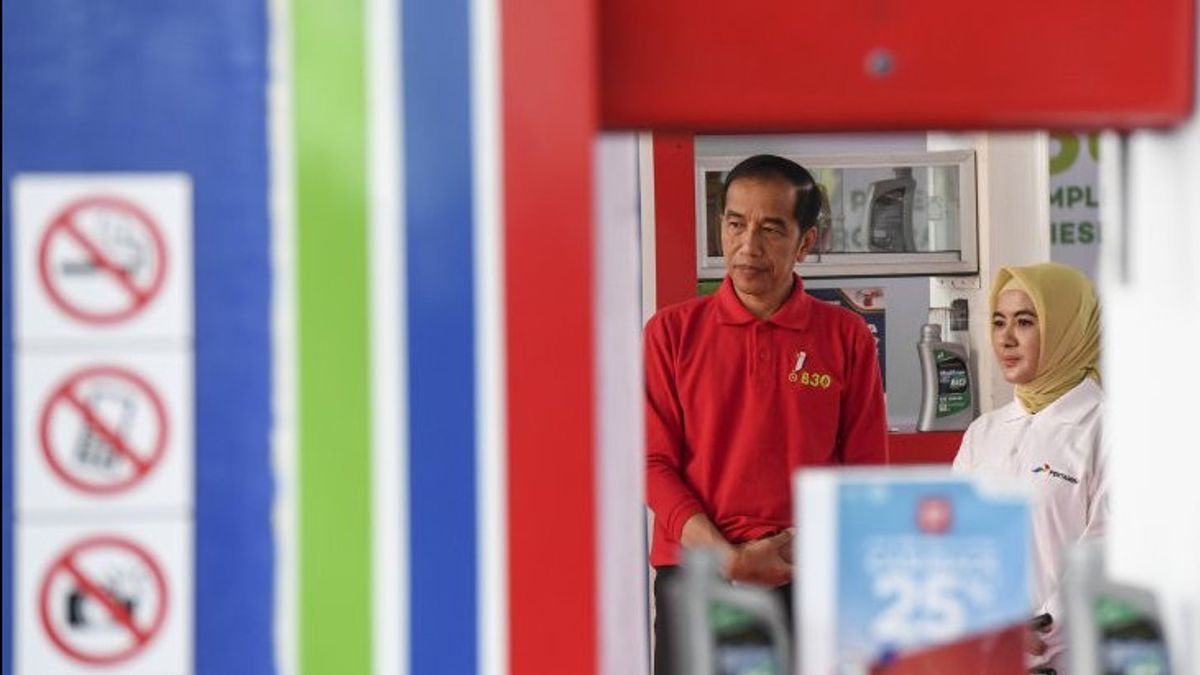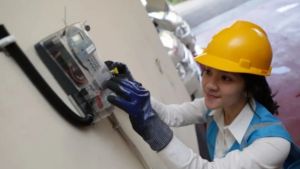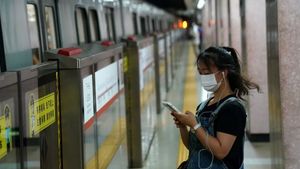JAKARTA - PT Pertamina (Persero) has officially adjusted the price of fuel oil (BBM) for RON 92 or Pertamax fuel.
Effective from April 1, starting at 00:00 local time, Non-Subsidized Gasoline RON 92 (Pertamax) has been adjusted to Rp12,500 per liter (for regions with a 5 percent motor vehicle fuel tax/PBBKB), from the previous price of Rp9 .000 per liter.
Previously, the Minister of SOEs, Erick Thohir, said that the increase in Pertamax prices was followed by the provision of subsidies for the type of Pertalite fuel used by the public.
"So if Pertamax goes up, I'm sorry. But the Pertalite subsidy (price) remains the same. Wait for April 1," said Erick.
So, how big is the state's financial burden on fuel subsidies?
To note, the previous signal for an increase in fuel prices was made by the Minister of Finance (Menkeu) Sri Mulyani earlier this week. At that time, the Minister of Finance explained that the selling value of various types of fuel in Indonesia had not been adjusted to the price fluctuations that occurred globally.
As a result, the subsidy budget swells, causing pressure on the state budget. In the presentation, the Minister of Finance also stated that the subsidy figure had exceeded Rp. 21.7 trillion in February 2021. Even though in 2021 the value of subsidy payments was only Rp. 12 trillion.
"The realization of this subsidy budget is channeled to non-ministerials and non-institutions in the form of subsidies for fuel, LPG, and electricity," he said.
In detail, the Minister of Finance said that the realization of the use of subsidized fuel until January 2022 was 1.39 million kilo liters or grew from January 2021 which was recorded at 1.18 million kilo liters.
Debt to PertaminaFurthermore, the state treasurer also explained about the government's obligations to PT Pertamina (Persero), which was recorded to still have arrears of Rp. 84.4 trillion. This amount represents the remaining underpayment obligations for the 2021 period.
Just so you know, this value itself is not the entire subsidy last year, but also the value of the underpayment from the 2020 period.
In detail, in 2020 the government's subsidy obligation to Pertamina is IDR 45.9 trillion. From that figure, only IDR 30 trillion was paid in 2021, so the government still has IDR 15.9 trillion in arrears.
Meanwhile, the value of the fuel subsidy in 2021 alone will total IDR 68.5 trillion. Therefore, the government's total obligation in early 2022 is Rp. 84.4 trillion. “This is what is called a shock absorber. The state budget takes all the pressure that comes from fluctuations in oil prices so that people don't experience the impact, but the state budget must take the consequences," he said.
Reallocation of social assistance fundsThe enormous burden of the state budget has forced Sri Mulyani to work harder in order to balance the fiscal instruments. A tactic was taken. The budget for social assistance (bansos) which was originally distributed throughout the year was taken to cover energy subsidy posts, including fuel, so that the extra benefits would not increase.
"So if in 2020, 2021, the domination of the recipients was targeted social assistance which was by name, by address, or by the number of the recipient of assistance, now in 2022 due to the spike in subsidized prices, the social assistance has turned into subsidies in the form of goods, namely fuel, LPG and electricity," he said.
For information, this year's social assistance budget is included in the 2022 National Economic Recovery (PEN) fund for the community protection cluster of IDR 154.8 trillion. Meanwhile, the 2022 PEN itself amounts to Rp455.62 trillion.
In addition to protecting the public in the 2022 PEN, there are two other clusters, namely health care of Rp. 122.5 trillion and the cluster of strengthening economic recovery of Rp. 178.3 trillion.
Input from the Minister of Finance in the SBY eraThe Minister of Finance (Menkeu) for the 2013-2014 period, Chatib Basri, stated that the policy of diverting social assistance funds into fuel subsidies could create its own problems.
He said, if the government only provides budgetary support for one type of fuel and releases another type of fuel according to market mechanisms, it will cause quite striking price volatility.
"There will be a migration from Pertamax users to Pertalite which can lead to over quotas and a sharp increase in the state budget burden," said Chatib.
Therefore, the Minister of Finance of the era of President SBY gave a signal that the government needed to maintain the social assistance program without reducing or even eliminating the social assistance budget that had previously been recorded in the APBN ceiling.
"It is better targeted subsidies to people directly than goods (fuel subsidies)," he said.
Mandatory state budget deficit of 3 percentThe pandemic conditions made the government and the DPR agree to widen the APBN deficit to more than 3 percent in order to balance the needs for spending and budget financing. This is stated in Law Number 2 of 2020 concerning State Finance.
Thanks to this regulation, the government has greater space to provide various assistance to the community so that it can reduce health, economic and social pressures due to COVID-19. In its provisions, the APBN deficit must return to a level below 3 percent in 2023.
This means that the 2022 period is the deadline for widening the budget to return to factory settings, aka factory mode, the same as before the pandemic.
The state budget cannot continue to be forced to work hard to reduce all existing pressures. Efforts to restore state finances are a necessity in order to maintain the stability of the national economy.
Presumably, the issue of fuel subsidies in the name of the people's interest and steps to save the state budget are two things that never end from time to time. Like an old song lyric that perfectly describes the current condition: circling in a long endless maze.
The English, Chinese, Japanese, Arabic, and French versions are automatically generated by the AI. So there may still be inaccuracies in translating, please always see Indonesian as our main language. (system supported by DigitalSiber.id)













